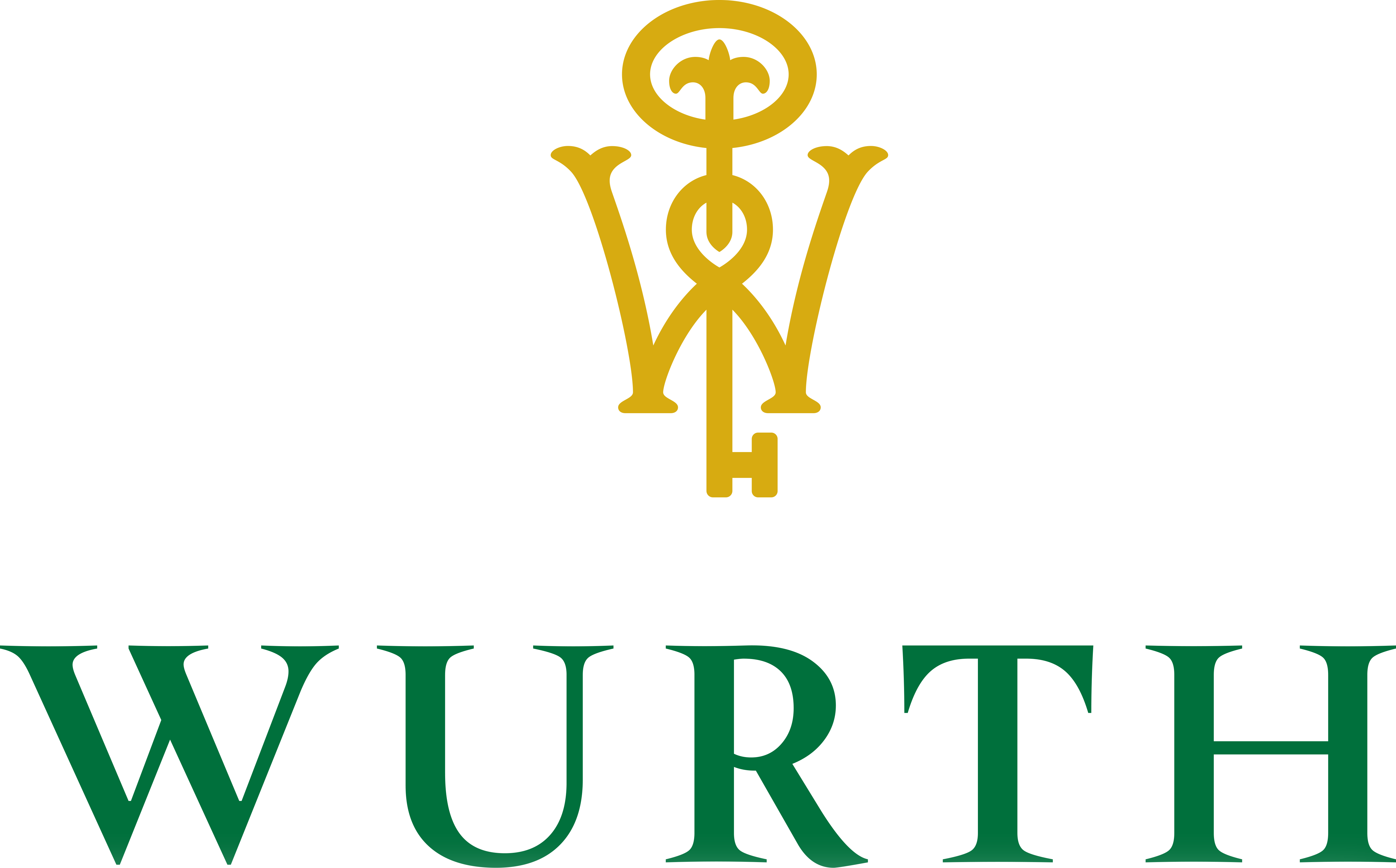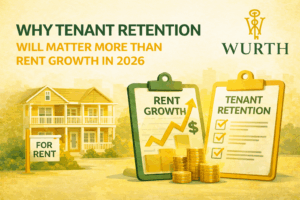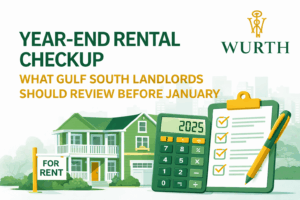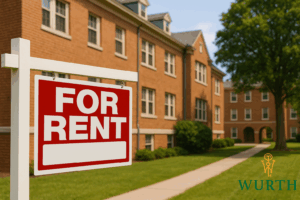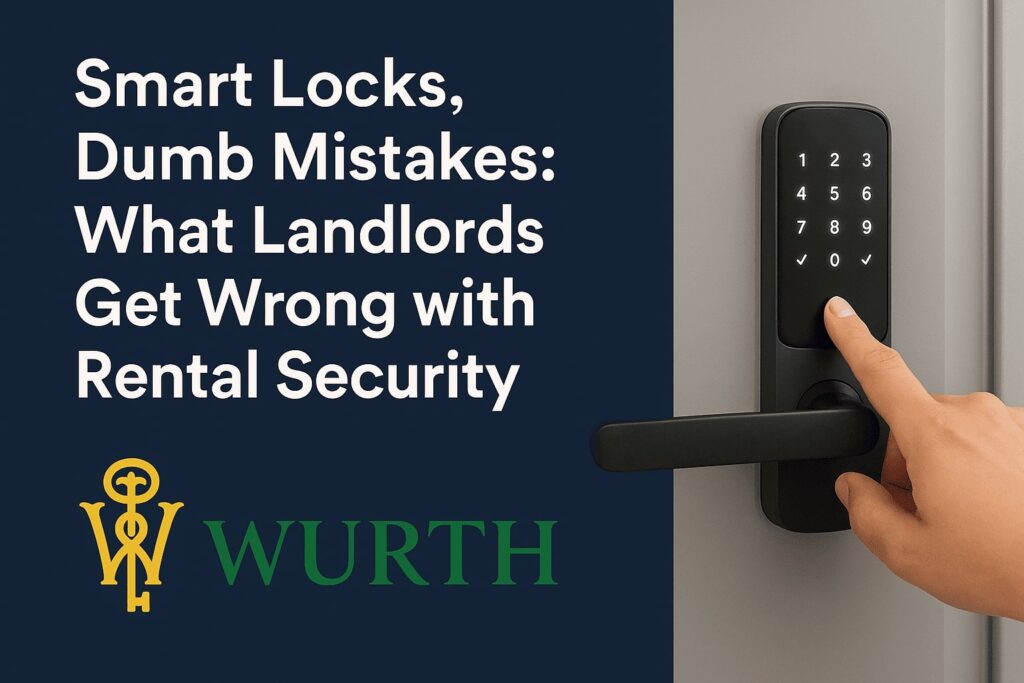
Rental security feels like one of those things everyone assumes they’re getting right. After all, a lock is a lock, right? Install the shiny new hardware, maybe toss in a keypad, and the problem is solved. Except it isn’t. At least, not always.
Security in rental housing is less about the technology itself and more about how it’s used. And landlords, especially those managing only a handful of units, tend to learn this the hard way. The truth is, smart locks solve plenty of problems, but they also create new ones if handled carelessly. At scale, these mistakes pile up fast.
Mistake 1: Installing Tech Tenants Don’t Understand
One of the clearest patterns across thousands of rentals is that tenants won’t use tech they find confusing. It doesn’t matter if the lock is top-of-the-line. If someone can’t figure it out after a long day of moving boxes, they’ll get frustrated.
And frustration leads to complaints, support calls, even turnover. The lesson? When it comes to smart home features that actually increase rent, simplicity is the dividing line. Landlords sometimes forget that new isn’t automatically better.
Mistake 2: Forgetting About Backup Access
Here’s something rarely advertised on the product box: batteries die. Wi-Fi goes down. Apps stop syncing. Smart locks that look flawless in theory become major headaches in practice when there’s no backup system in place.
It’s a surprisingly common oversight. In fact, the larger the portfolio, the more obvious it becomes, because every week, at least one tenant somewhere is locked out. Property managers who deal with thousands of units already know: backup access isn’t optional. It’s mandatory.
Mistake 3: Overestimating What Tenants Will Pay For
There’s a psychology to upgrades. Renters will pay more for convenience, safety, and peace of mind, but not for gimmicks. A sleek smart lock may look impressive, but if tenants don’t feel it makes their lives easier, it won’t justify higher rent.
It mirrors the psychology of rent increases in general. People are fine with paying more if they see the value. The mistake landlords make is assuming every new gadget equals value in the tenant’s eyes. Spoiler: it doesn’t.
Mistake 4: Poor Screening Overshadows the Best Locks
Here’s the blunt truth: no lock, no matter how smart, will solve the problem of renting to the wrong person. If a tenant is a bad fit, technology won’t save the property.
The 1% eviction rate secret that large property managers brag about isn’t tied to hardware, it’s tied to screening. When screening is consistent and fair, problems decline. Landlords who skip this step often end up blaming the lock instead of their process.
Mistake 5: Pushing Away Good Tenants with Strict Rules
Ironically, security upgrades sometimes backfire. Overly strict rules about who can access digital codes, how often locks are changed, or whether guests can enter without landlord approval can make a place feel less like home and more like a surveillance zone.
Across portfolios, it’s clear that renters walk away when properties feel unwelcoming. This is how landlords accidentally go from ‘for rent’ to ‘forget it’ without realizing their own rules are the barrier.
Mistake 6: Ignoring the Small Stuff That Pays Off More
Sometimes landlords focus so much on the lock that they miss the bigger picture. The front door may be secure, but what about lighting around the entryway? Or the window that still doesn’t close properly?
The irony is that low-cost upgrades often generate bigger returns than a flashy piece of tech. Think of the $500 rule: small property upgrades, like better lighting, sturdier windows, or even clearer signage, consistently deliver outsized results compared to chasing the latest gadget.

Security Isn’t Just Hardware. It’s Trust.
Smart locks can absolutely improve rental security. They offer convenience, better access control, and sometimes even lower turnover. But the landlords who benefit most aren’t just buying tech. They’re pairing it with common sense: backup plans, clear communication, consistent screening, and small but thoughtful upgrades.
At scale, the pattern is obvious. Technology is only as smart as the system around it.
And this is where experienced property managers can make all the difference. With thousands of tenants and countless moving parts, they’ve already seen the pitfalls. They know what works, and what only looks good on paper.
At Wurth Property Management, we take that broader perspective and bring it down to the individual property level. Because in the end, security isn’t just about locks. It’s about creating a safe, livable environment tenants trust.
FAQs
1. Are smart locks worth the investment for rentals?
A: Yes, but only if they’re simple to use, reliable, and paired with other security basics like lighting and maintenance.
2. What’s the biggest mistake landlords make with smart locks?
A: Relying solely on the technology without backup access, screening, or tenant education.
3. Do smart locks help raise rent?
A: Sometimes. Tenants pay more for convenience and safety, but only if they see genuine value in the upgrade.
4. How do property managers handle lockouts with smart locks?
A: By keeping consistent backup access and systems in place. It prevents downtime and frustration.
5. Are small security upgrades better than smart tech?
A: Often, yes. In many cases, low-cost improvements like lighting or window repairs create more value than expensive gadgets.
